Google Pixel 8a review: the affordable phone to beat
Pixel perfect: the 8a sees Google outpace its competition in the affordable Android phone market

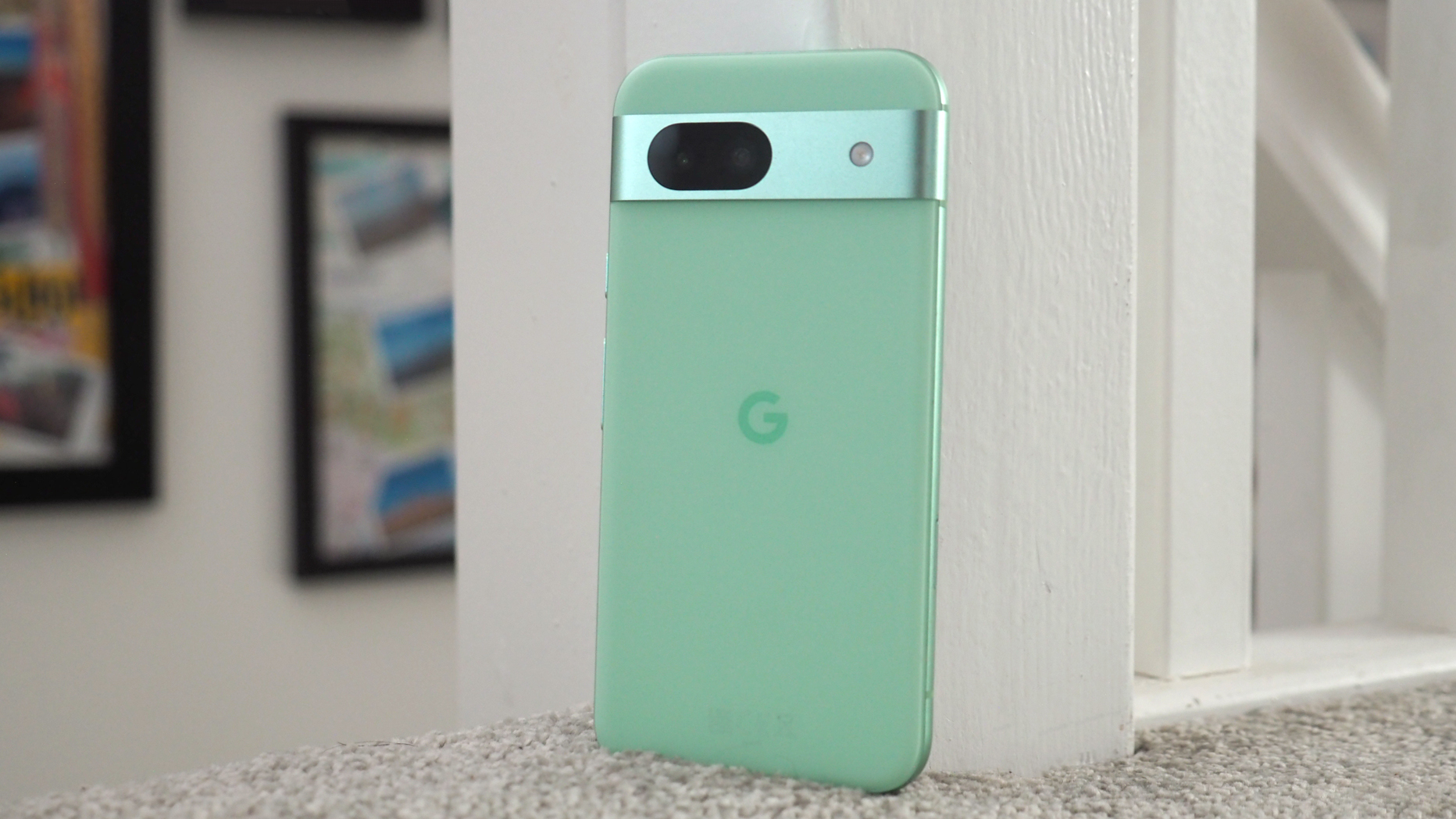
The Google Pixel 8a is the best affordable phone of 2024. Sure, the battery and charging could be better still, and the fingerprint scanner's responsiveness is my biggest gripe, but with big improvements over its Pixel 7a predecessor, this entry-level Pixel is a Samsung-beater that's got a great (albeit small) display, impressive software, AI features that do the business, and super cameras.
-
+
Outperforms its closest Samsung A55 competitor
-
+
Solid cameras and photography features
-
+
Screen upgrade over last-gen model
-
+
Fun design and colour options
-
-
Fingerprint scanner sensitivity is subpar
-
-
Nothing Phone (2) now closely priced
-
-
Charging is still a little slow
-
-
Smaller size won't suit all
Why you can trust T3
Recent years have seen the best flagship phones continue to advance – but the year-on-year upgrades have generally been more subtle. When it comes to the best affordable phones, however, the needle has moved more significantly of late. And Google's Pixel 8a makes a particularly strong case for itself in 2024.
Following in the footsteps of its Pixel 7a predecessor, while embodying a number of the Pixel 8 and Pixel 8 Pro's features – a colleague has written a great Pixel 8a versus Pro camera comparison here – the Pixel 8a brings welcome upgrades to screen and processor, while embodying some great camera and AI features to boot.
I've been using the Google Pixel 8a as my own for over two weeks, taking it away on a South African safari holiday – a rare treat for a big birthday (decade to remain unmentioned) – and think it's got all the necessary ingredients to surpass the Samsung Galaxy A55 and compete with Nothing's excellent Phone (2). Indeed, if you're seeking a phone for under £/$500, the Pixel 8a is the affordable phone to beat.
Google Pixel 8a: Price & Availability
The Google Pixel 8a starts at £499/$499/AU849 for the 128GB model. There's a 256GB model also available (which lacked in the predecessor) priced a step up, at £559/$559/AU$949.
The handset is available right now – it went on sale on 14 May, the same day as an otherwise hardware-bereft Google I/O conference – and pricing will likely remain rigid for the half-year in the rumoured lead-up to the Pixel 9 models' reveal (typically in October).
Google Pixel 8a: What's new?
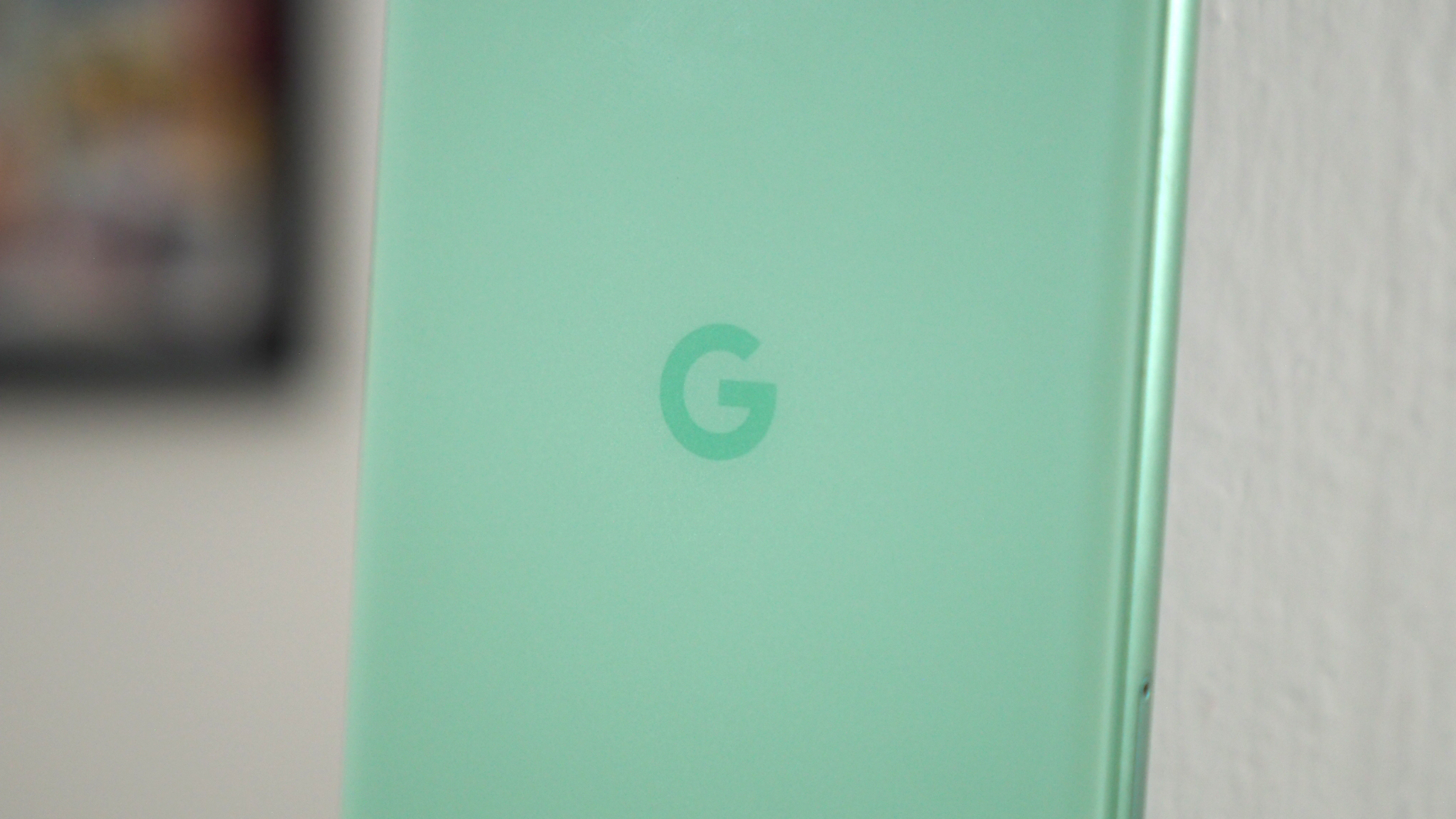
I enjoyed using the previous Pixel 7a, but while I quipped when reviewing that handset that "affordable Android doesn't get better than this", well, now it does – as the Pixel 8a is a notable step forward in some core areas, delivering many closer-to-flagship-grade features.
While the screen remains the same 6.1-inch size – and this may be too small for some users, unless you're fixed on buying one of the best smaller phones – Google has upgraded the refresh rate (from 90 to an adaptive 60-120Hz) for a smoother experience, while brightness has also increased (now to 2000 nits peak; 1400 is typical) so outdoor use is sunlight and HDR viewing experiences are further improved.
Under the hood there's a push forward in hardware (upgrade from Tensor G2 to G3), meaning the latest handset is better equipped for artificial intelligence (AI)-based features. However, with 8GB RAM this isn't Pixel 8 Pro levels – despite sharing the very same processor. The 8a also has a minor battery capacity increase, but charging speeds don't increase (at 18W wired and 7.5W wireless).
Google Pixel 8a review: Design & Display
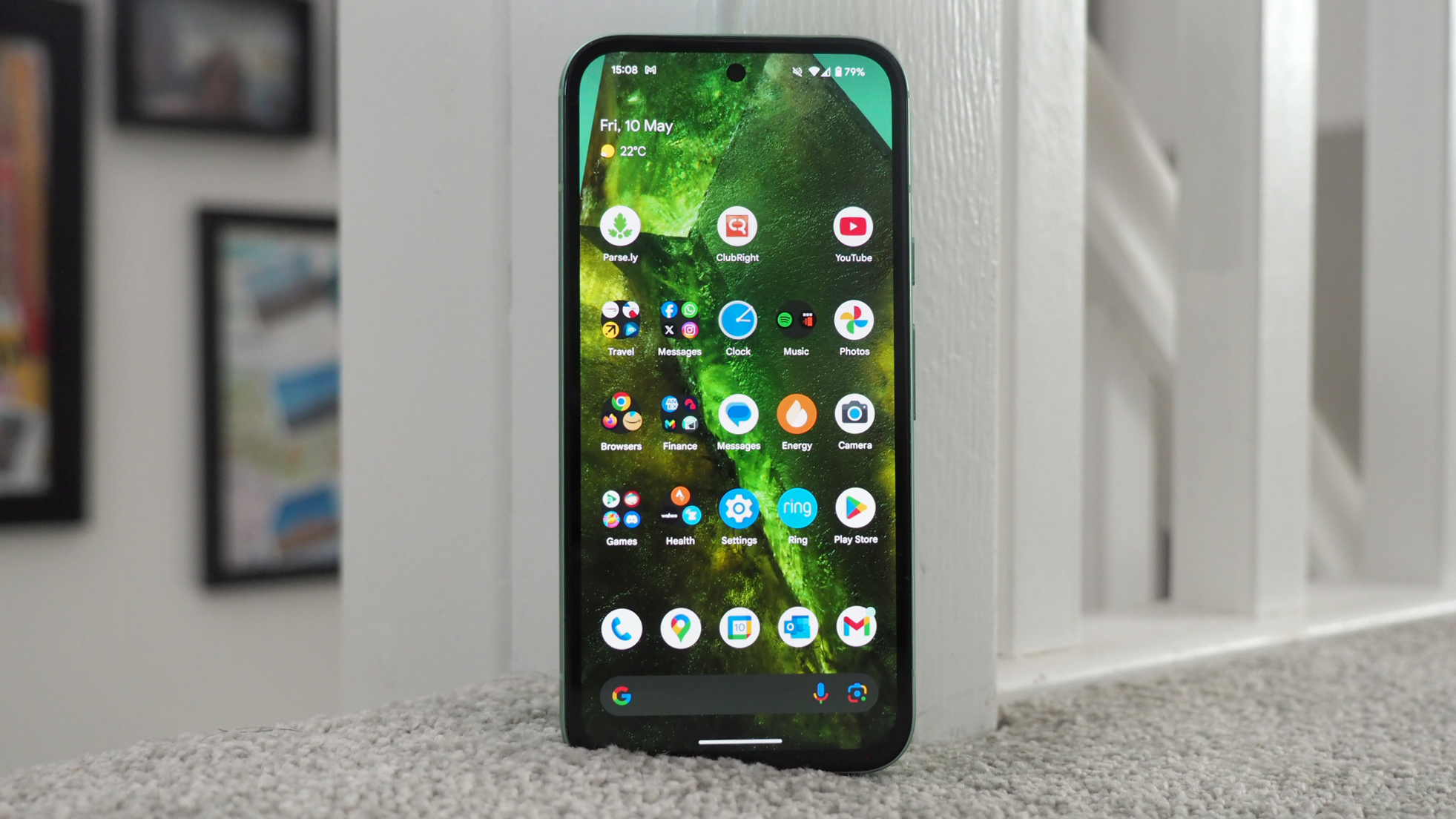
Design-wise there are certainly tweaks to the Pixel 8a's appearance compared to its predecessor. Its corners are more rounded, despite occupying more-or-less the same small-scale footprint (it is 0.1mm thinner, at 8.9mm, not that any human hand will notice that).
The screen's bezel still isn't the most slight ever to grade a phone, but as the black border is equal the whole way around I haven't found it a bother. It's a neat design overall, comfortable to hold and smooth in the hand thanks to that soft-touch plastic rear – even the iconic protruding 'camera bar' doesn't get in the way too much.
For my review unit I requested Google's new Aloe colour, as it's another distinctive point of difference in this handset offered by no other Pixel phone (there are similar elsewhere, I suppose, such as the Pixel 8's latecomer 'Mint' finish). I might not opt to buy Aloe over the Bay (blue) option, but I like the bold distinctiveness of this finish. And, yes, black and white are also available (or Obsidian and Porcelain as marketing prefers to call them).
As I've been using the Pixel 8a in all manner of conditions – South Africa's bush varied from 30°C direct sunshine, to rainy downpours, and morning fog to daytime cloud cover – I've certainly appreciated the IP67 water- and dust-resistance.
The Pixel 8a's screen, meanwhile, has handled all conditions without being difficult to see, so it's a clear boost over its predecessor. Shame that Gorilla Glass is a few generations old (the same GG3 as its Pixel 7a predecessor), but even with an at-speed fall from an open-top Toyota Landcruiser the glass didn't shatter...
Google Pixel 8a review: Performance & Battery
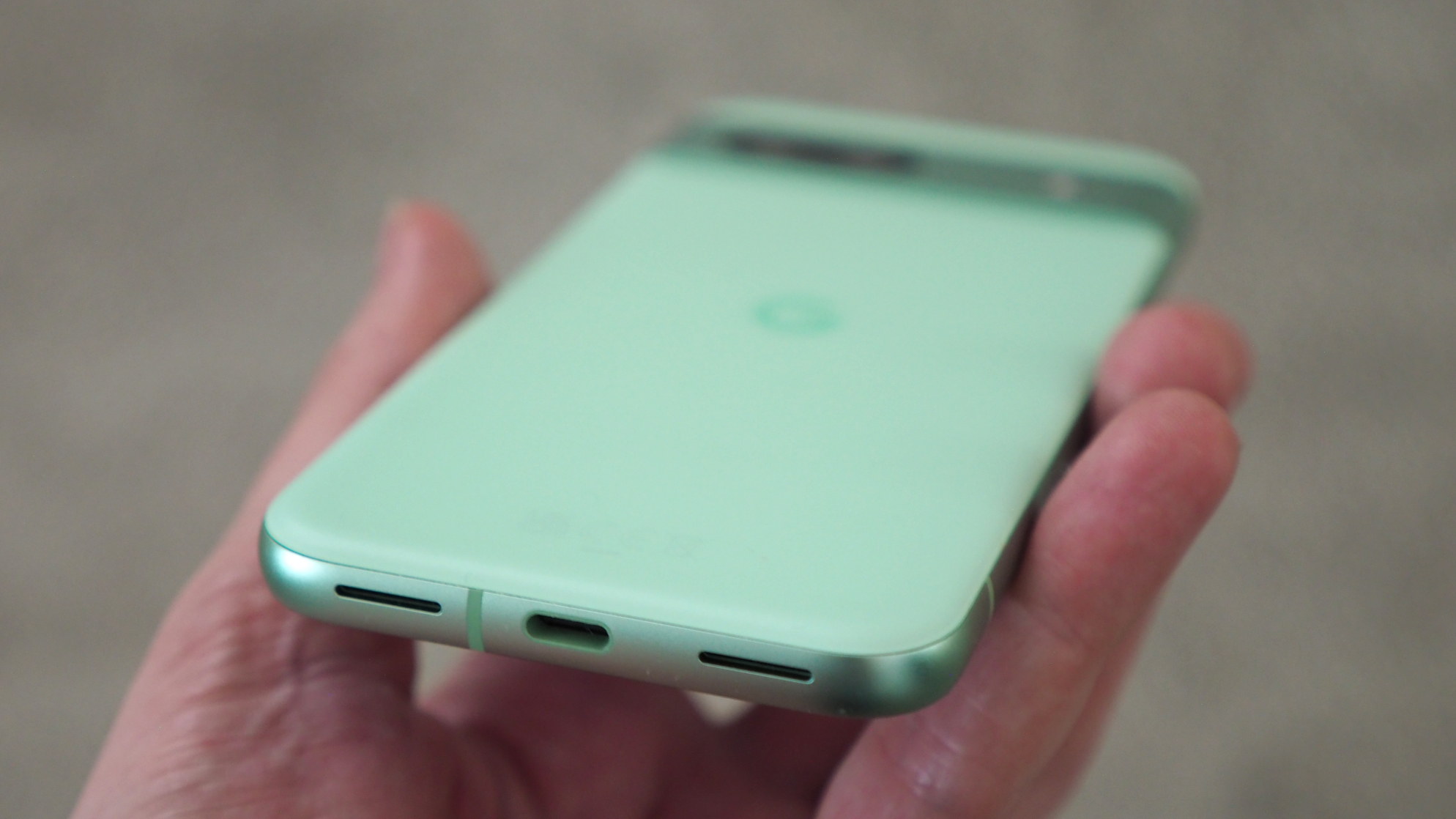
Even after my first week of use, I was already convinced that the Pixel 8a had become my new favourite affordable phone. That stance hasn't changed during more testing out in the (literal) wild either, with performance to impress with few notable downsides.
While I did experience some Tensor G3 hiccups in the context of the Pixel 8 Pro, with the Pixel 8a I've had no such issues – when gaming, especially. It's great to see this affordable handset breeze through certain games, such as Match Factory, which a competitor such as the Samsung Galaxy A55 can't even nearly keep up with when it comes to frame rate.
Tensor G3 also means various AI features are optimised and work really well. Circle to Search, Live Translate (visual and audio), Best Take (swapping facial expressions for best out of multiple shots), Audio Magic Eraser (removing foreground or background noise), and many more make the grade. Indeed, it's only some camera features – macro focus, Night Sight Video, Video Boost – that are absent comapred to the 8 Pro.
Battery life is fair, rather than great, but I've never had an issue with it depleting so fast that it can't cope with a full day. And with 5am safari call wake-ups, they've been very long days indeed – and even 16 hours in, there's been 20% or more battery remaining. If you're really demanding and, say, streaming non-stop or gaming a lot then you'll expect closer to 12 hours – but that's much the same in many competitor phones.
What I do wish the Pixel 8a would ramp up, however, is its fast-charging function. The 18W wired charging here is behind the competition, really, and while it's not a deal-breaker, a speddier quick top-up option would be very welcome. I've also found the in-display fingerprint scanner to be subpar, often failing to recognise a thumbprint – despite registering multiple times to ensure a good quality reading.
Google Pixel 8a review: Cameras
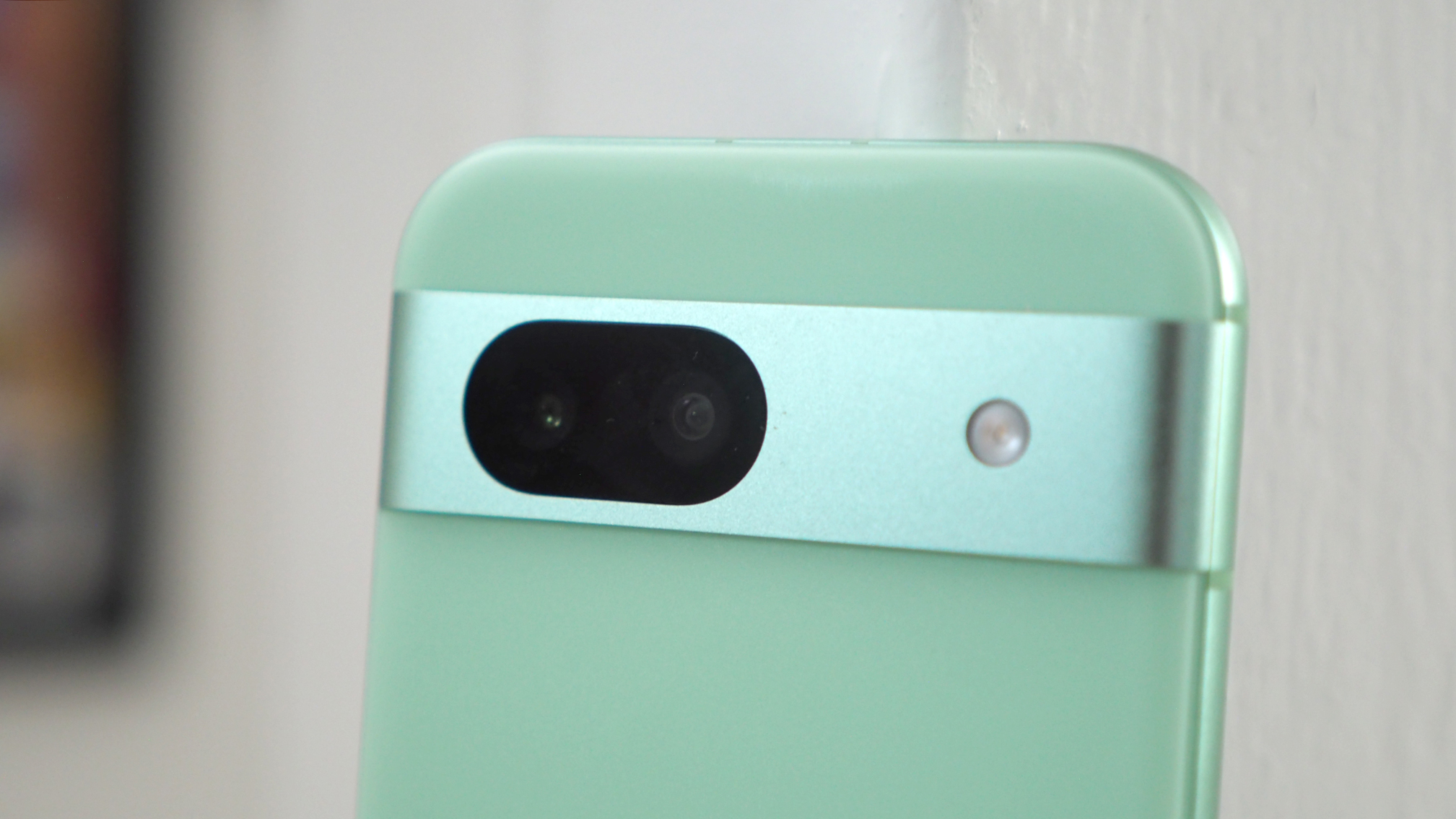
Google has been establishing some stellar camera features over the years – and the Pixel 8a is no stranger to many of these benefits. That means a supremely easy-to-use point-and-shoot system that will automatically engage various modes when required.
I've been fortunate enough to shoot in a beautiful landscape – although my Panasonic S5 II with zoom lens and extender did put in the bigger shift, given the subject matter – and the way the Pixel 8a can handle scenes with bright light or ones with hardly any light is impressive.
If a shot isn't quite as you want then there's a host of on-device editing you can also do, with AI features such as Magic Eraser available to remove unwanted additions in a shot. More basic editing tools will enhance various aspects, while an AI suggestion feature will, as the name says, suggest improvements to make.

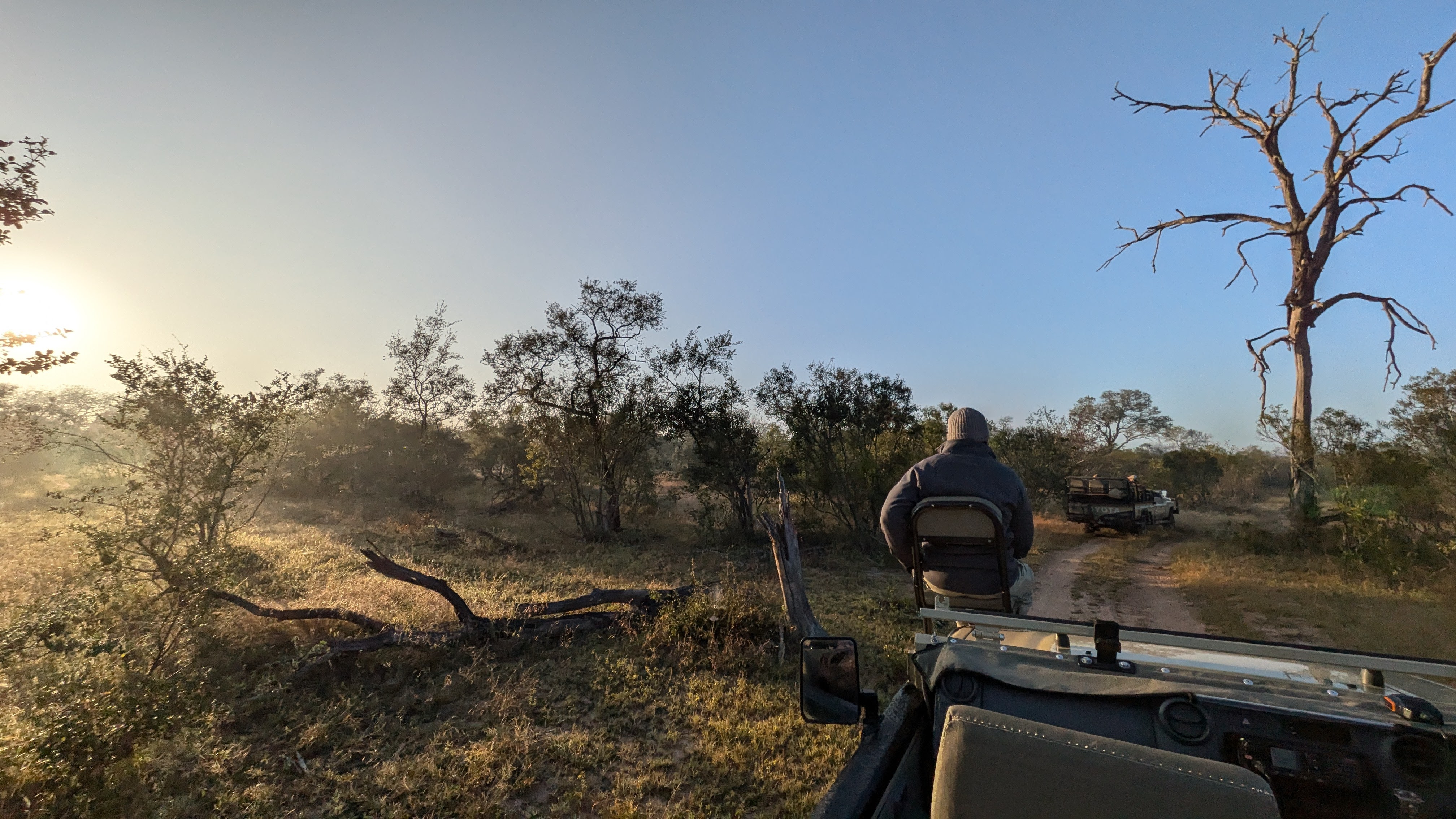
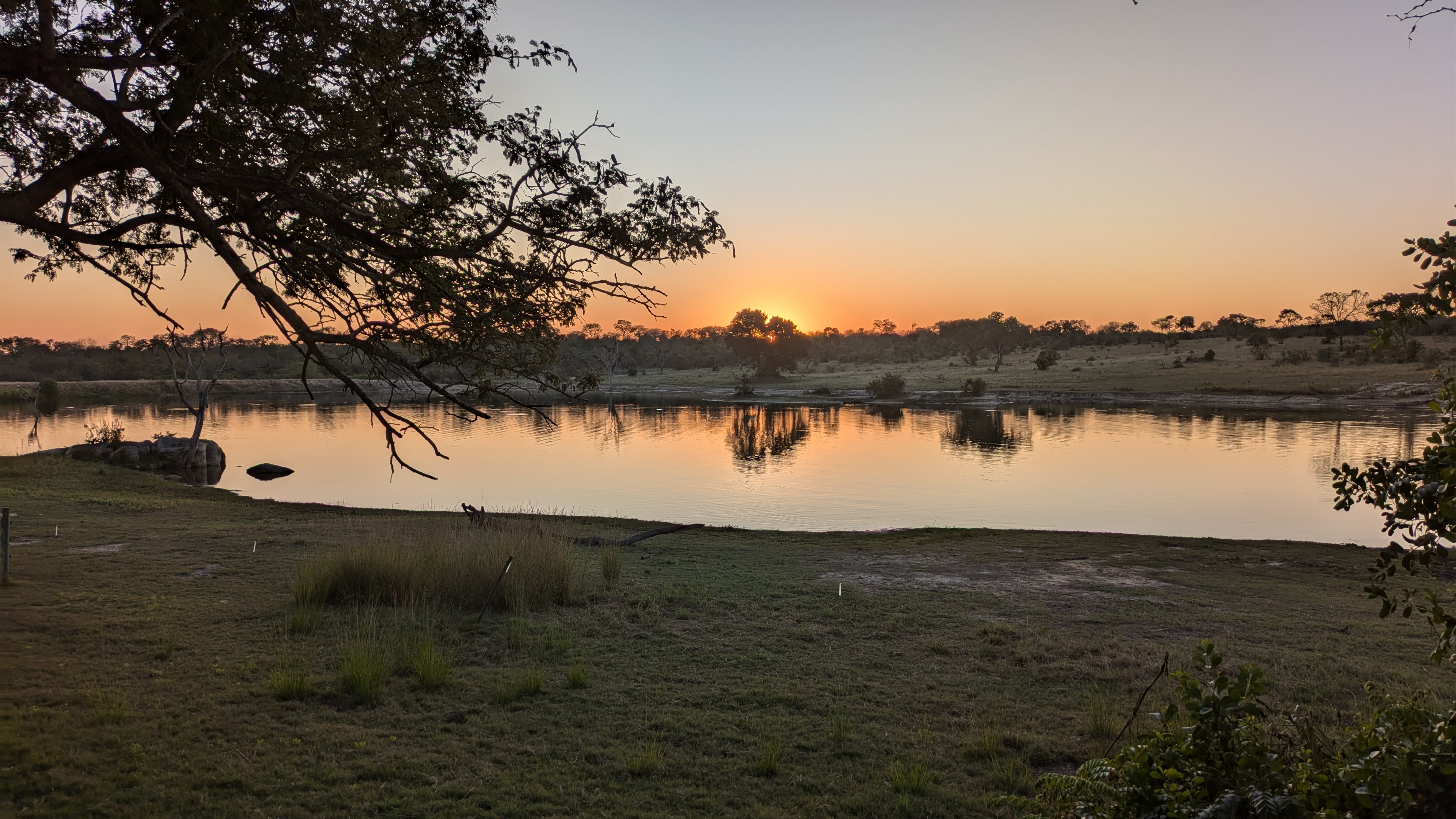





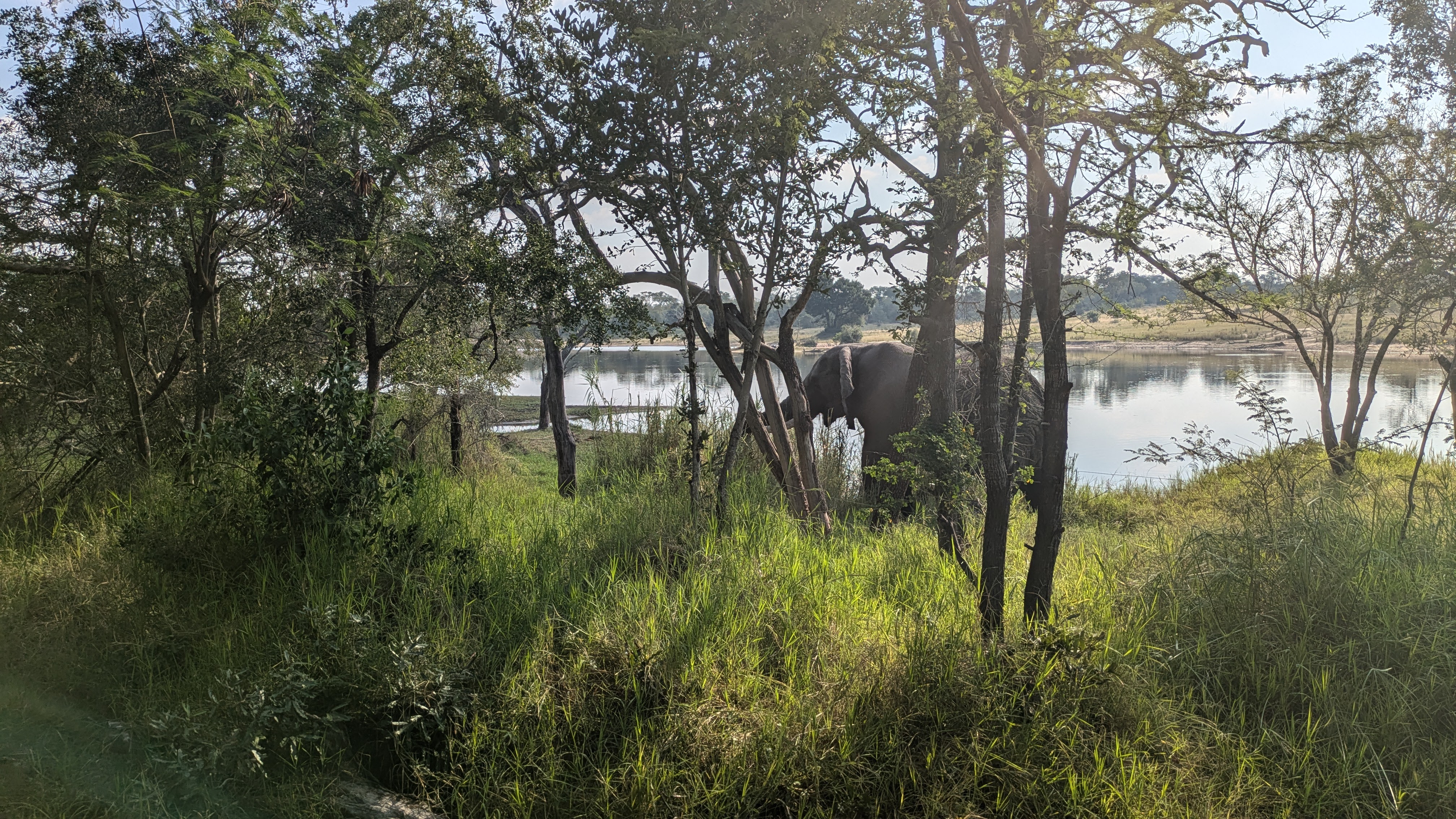
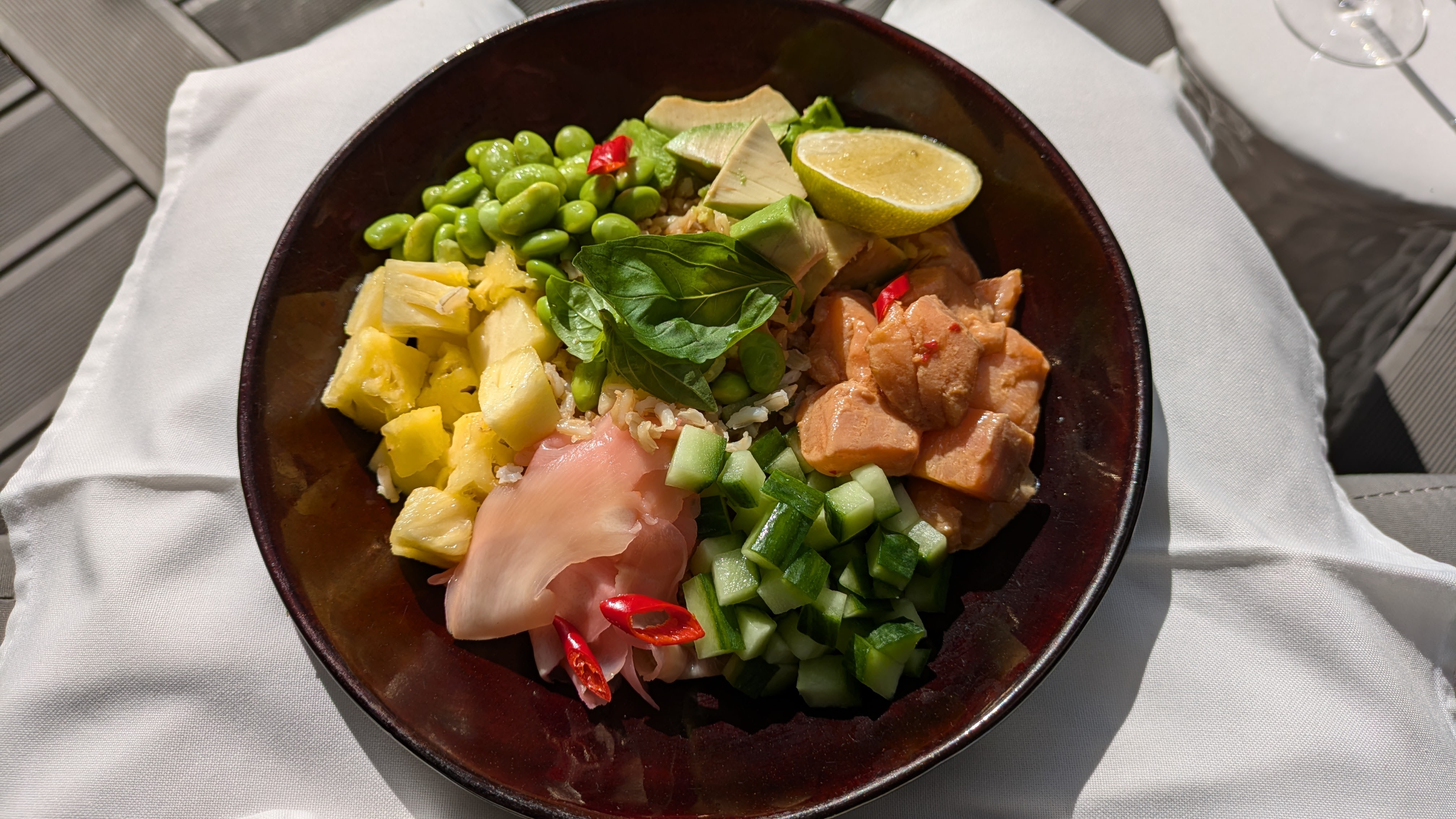
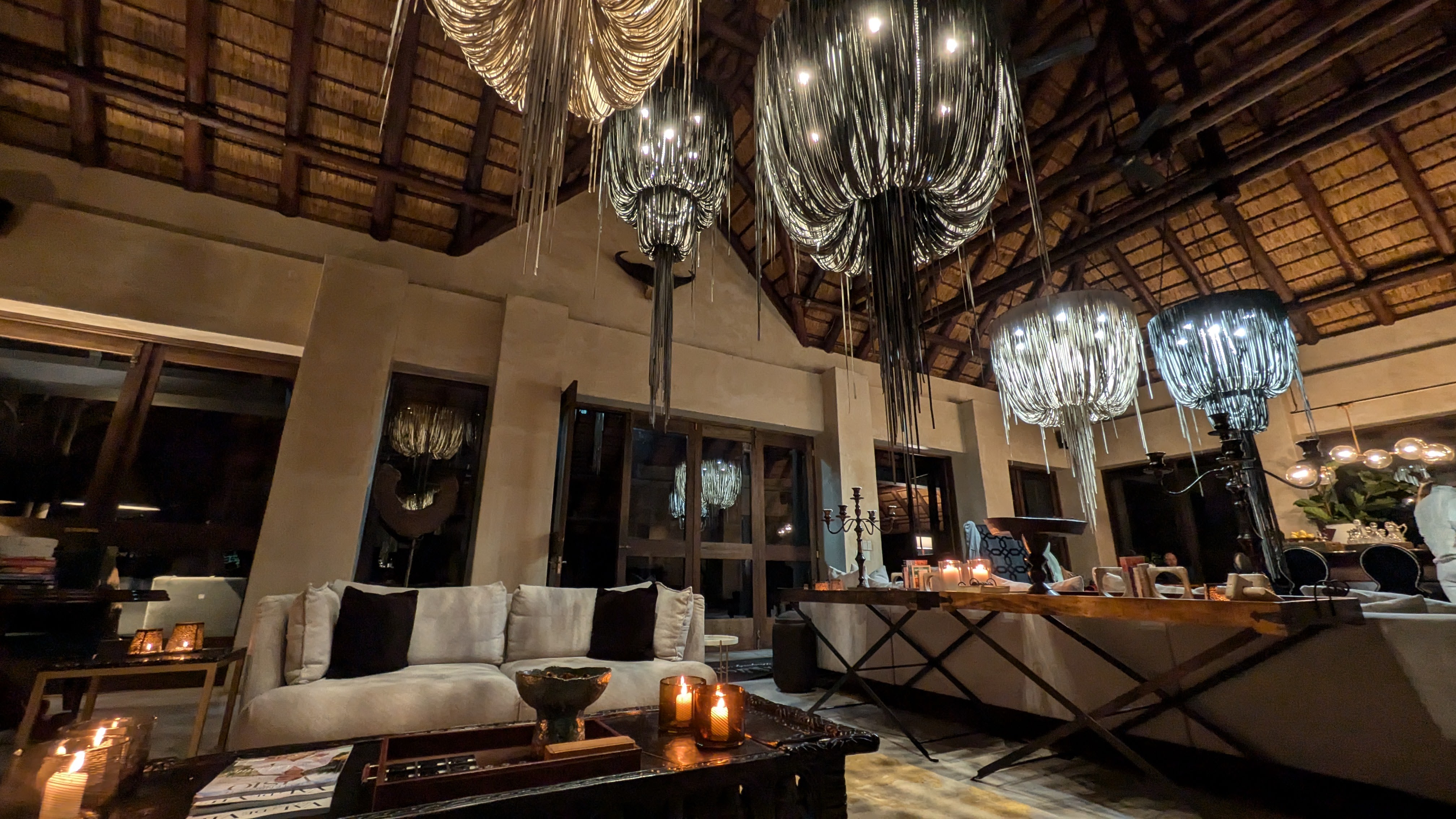
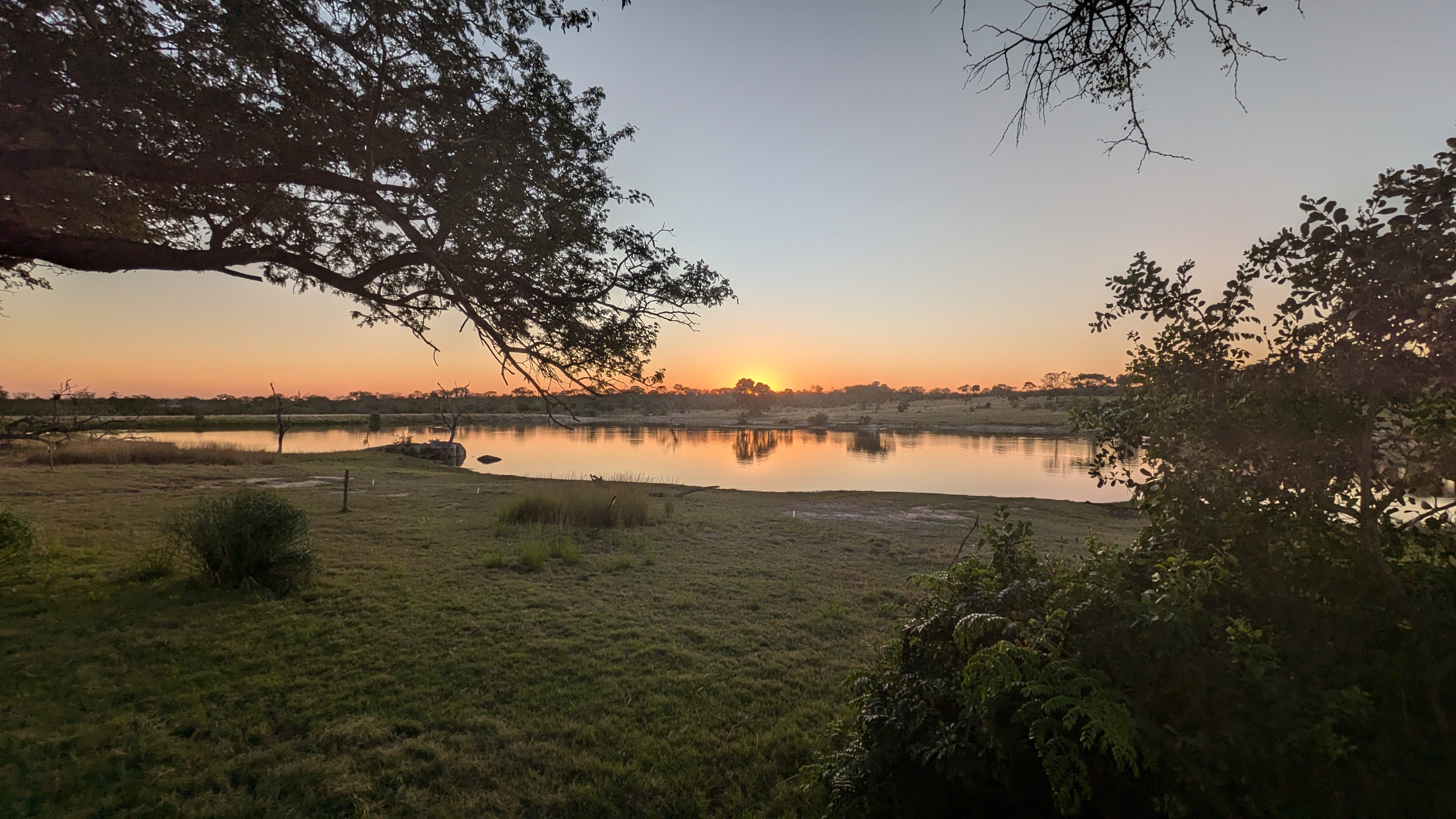
Sure, the Pixel 8a lacks any kind of zoom lens, so you can't get amazing shots of far-away subjects to fill the frame. There is digital zoom, however, but I'd using it sparingly – I've been happy with 2x shots, but overdo it and detail will dwindle. The processing can sharpen up some of what's lost optically, but the 8a knows it's not a zoom camera overall.
When it comes to the main camera, however, it's largely comparable to the Pixel 8 Pro really. It's not the same, granted, as the difference in sensor size and resolution sees differences – for me, most prominently, is that long-exposure Night Sight shots are a little less colour-packed than compared to the Pixel 8 Pro for example.
Yet I can hardly criticise Night Sight: in the gallery above is a handheld shot of rhinos drinking at a watering hole. It was so late that even my Panasonic at ISO 51,000 (280mm set to f/4.0) couldn't focus or provide an ample shutter speed. But the Pixel 8a could. That's downright magic, frankly, and while it's largely desaturated it's impressive that a phone can cater for such shots.
In daylight I'd say the Pixel 8a's main and wideangle shots are easily comparable to Google's best. Sure, some modes lack, such as macro close-up focus, but considering the price difference I'd say the affordable Pixel is going to appeal to plenty of people – it's got great cameras to complement a great all-round design and feature set.
Google Pixel 8a review: Verdict
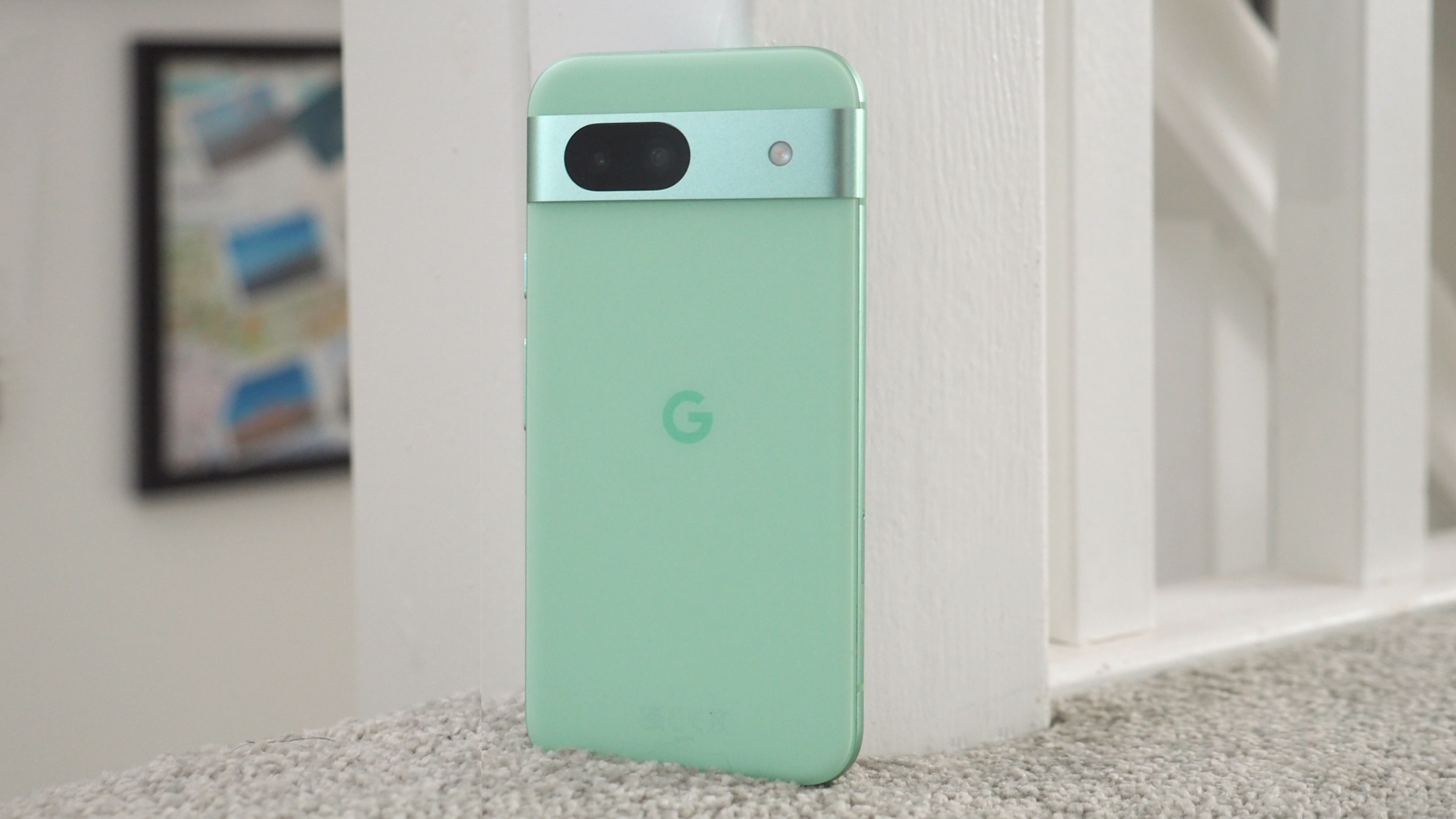
In my mind there's no doubt: the Google Pixel 8a is the best affordable phone of 2024. It sees off some big-name competition by being impressive with its performance and cameras in particular.
Sure, the battery and charging could be better still, and the fingerprint scanner's responsiveness is my biggest gripe, but with big improvements over its Pixel 7a predecessor, this Pixel is a Samsung-beater that's comparable to even the pricier Nothing Phone (2).
While it's physically small – you'll need to be content with a 6.1-inch display; most flagships are 6.7-inch these days – the Pixel 8a delivers big in all the important areas. From display, to software, to cameras and AI features, Google has nailed this iteration of its entry-level Pixel.
Also consider
As the earlier Pixel 8 is now a little older its price has dropped, making a great option if you want a slightly larger screen than the 8a's offering.
In direct competition, however, is the Samsung Galaxy A55 – which certainly has a better metal build quality, if that's your thing, but simply doesn't perform quite as well as Google's effort.
If you've got a touch more cash, however, then Nothing's Phone (2) is also a great shout. It's even more powerful, features fun Glyph lights, and has a larger 6.7-inch display too.
Sign up to the T3 newsletter for smarter living straight to your inbox
Get all the latest news, reviews, deals and buying guides on gorgeous tech, home and active products from the T3 experts

Mike is T3's Tech Editor. He's been writing about consumer technology for 15 years and his beat covers phones – of which he's seen hundreds of handsets over the years – laptops, gaming, TV & audio, and more. There's little consumer tech he's not had a hand at trying, and with extensive commissioning and editing experience, he knows the industry inside out. As the former Reviews Editor at Pocket-lint for 10 years where he furthered his knowledge and expertise, whilst writing about literally thousands of products, he's also provided work for publications such as Wired, The Guardian, Metro, and more.
-
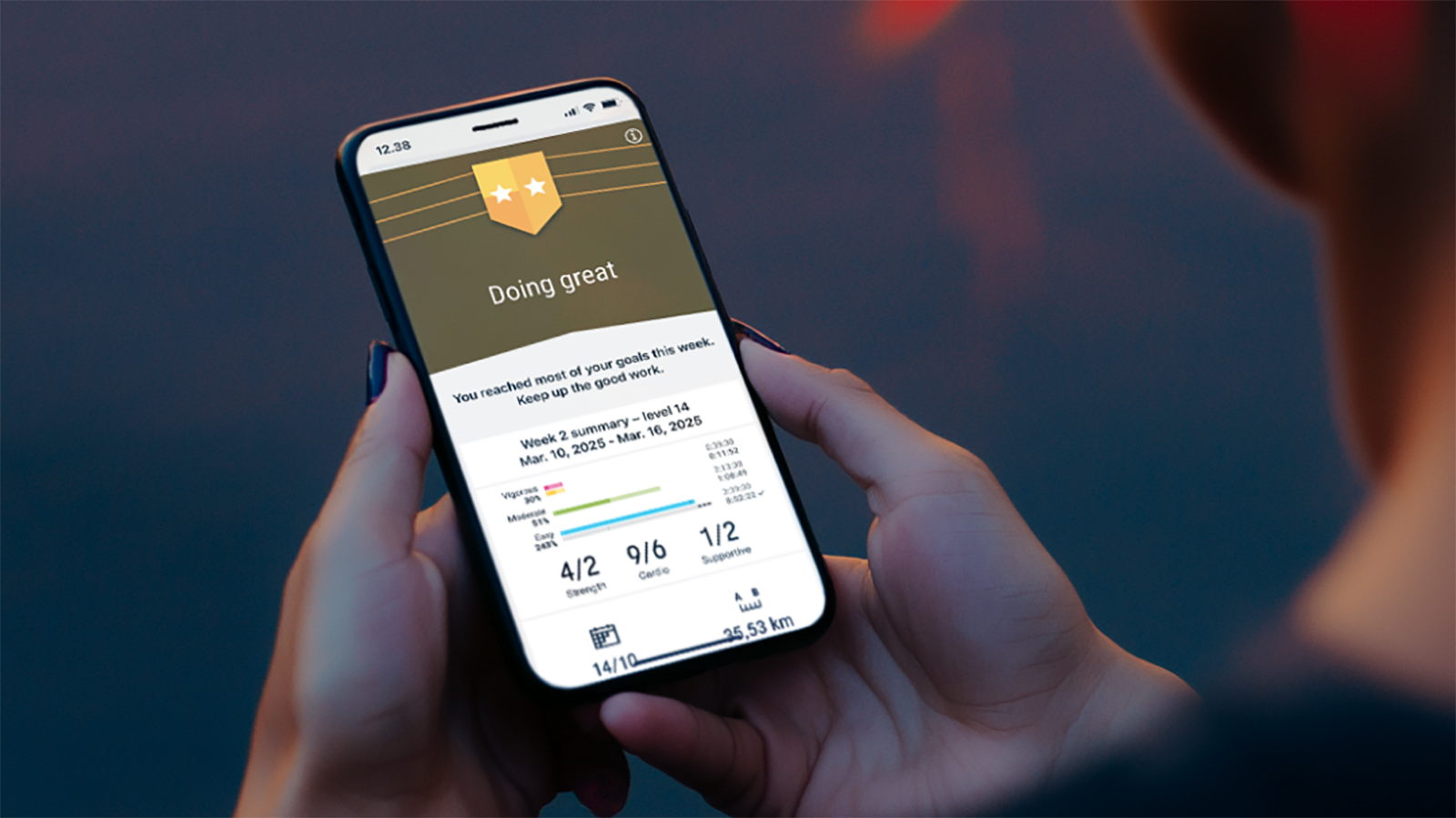 Polar’s new subscription feature lands in the shadow of Garmin’s Connect+ rollout
Polar’s new subscription feature lands in the shadow of Garmin’s Connect+ rolloutPR genius or timing disaster? Polar’s new Fitness Programme adds adaptive training to its ecosystem
By Matt Kollat Published
-
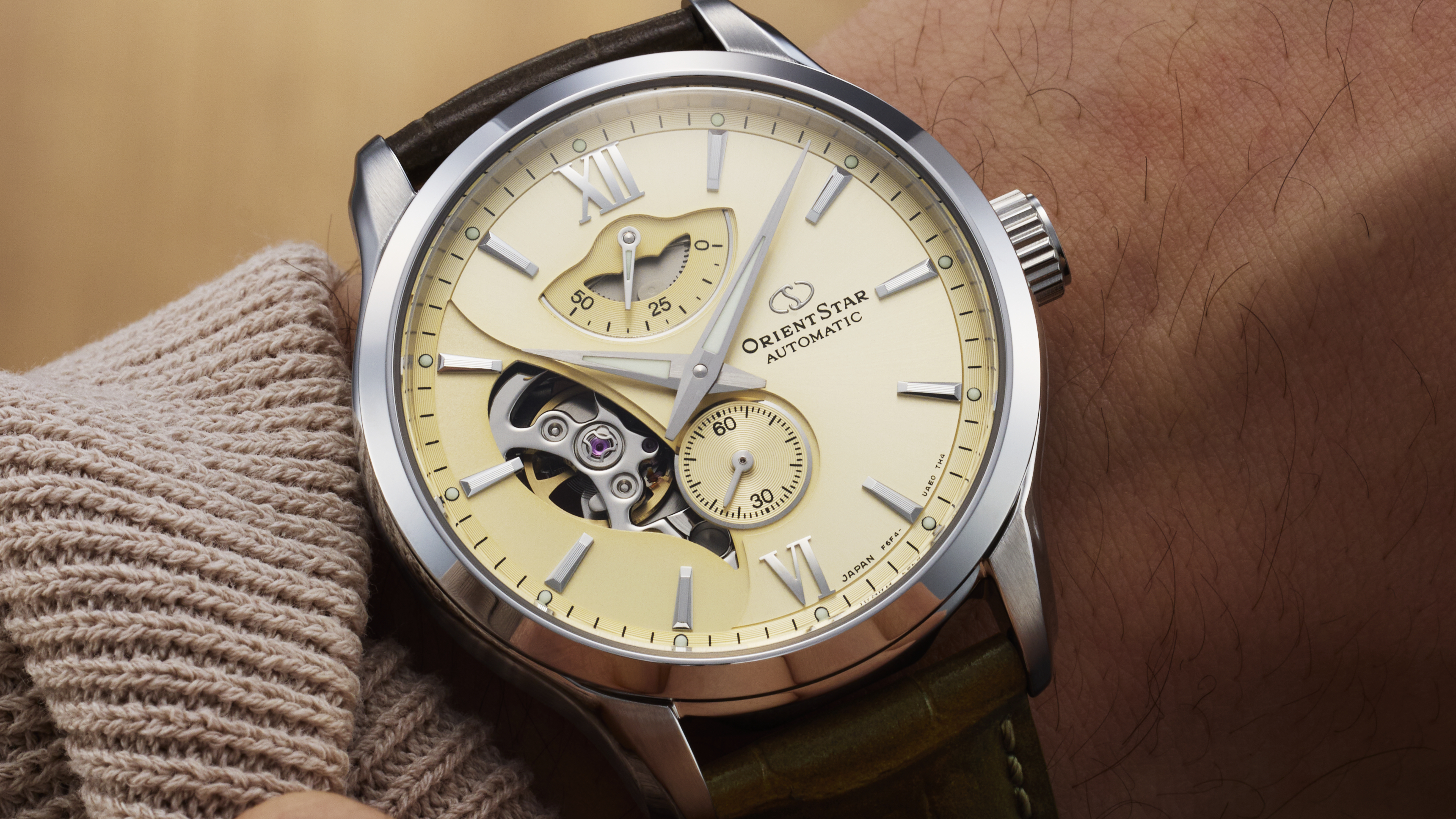 New Orient Star watches offer a glimpse of the magic within
New Orient Star watches offer a glimpse of the magic withinThere are two new skeleton pieces
By Sam Cross Published
-
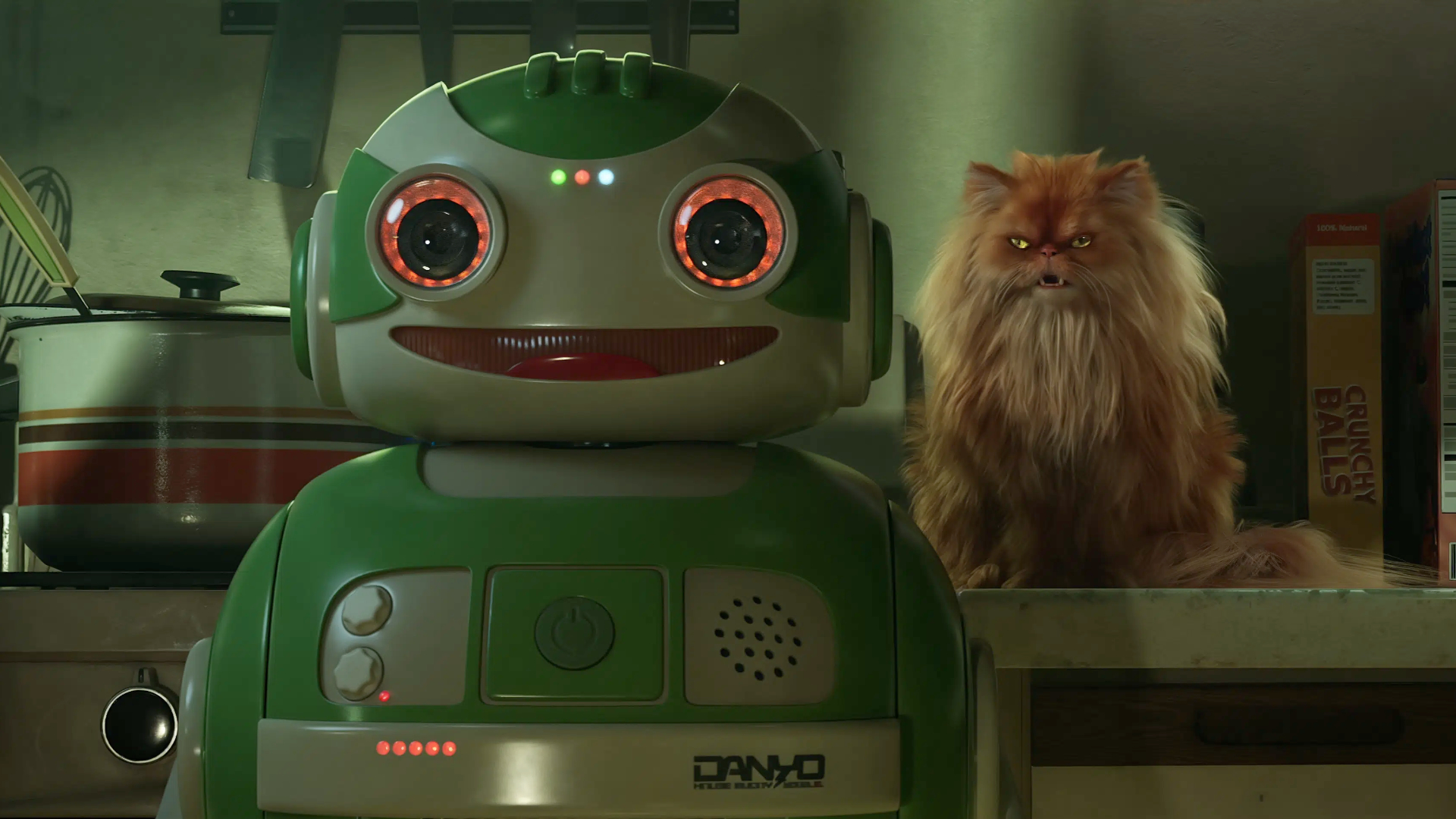 Netflix's most surprising 100%-rated sci-fi series returns with gorgeous trailer
Netflix's most surprising 100%-rated sci-fi series returns with gorgeous trailerLove Death + Robots is back for more
By Max Freeman-Mills Published